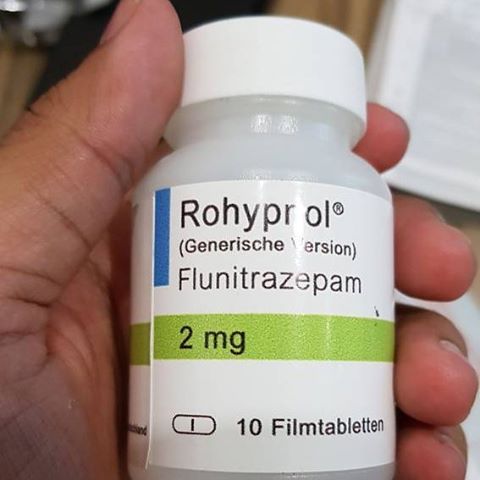What is Adderall
Adderall contains a combination of amphetamine and dextroamphetamine. Amphetamine and
dextroamphetamine are central nervous system stimulants that affect chemicals in the brain
and nerves that contribute to hyperactivity and impulse control.
Adderall is used to treat narcolepsy and attention deficit hyperactivity disorder (ADHD).
Adderall may also be used for purposes not listed in this medication guide.
You may not be able to use Adderall if you have glaucoma, overactive thyroid,
severe agitation, moderate to severe high blood pressure, heart disease or coronary
artery disease, or a history of drug or alcohol addiction.
side effects of Adderal includes
Loss of appetite, weight loss, dry mouth, stomach upset, vomiting , headache , diarrhea,
fever and nervousness.












